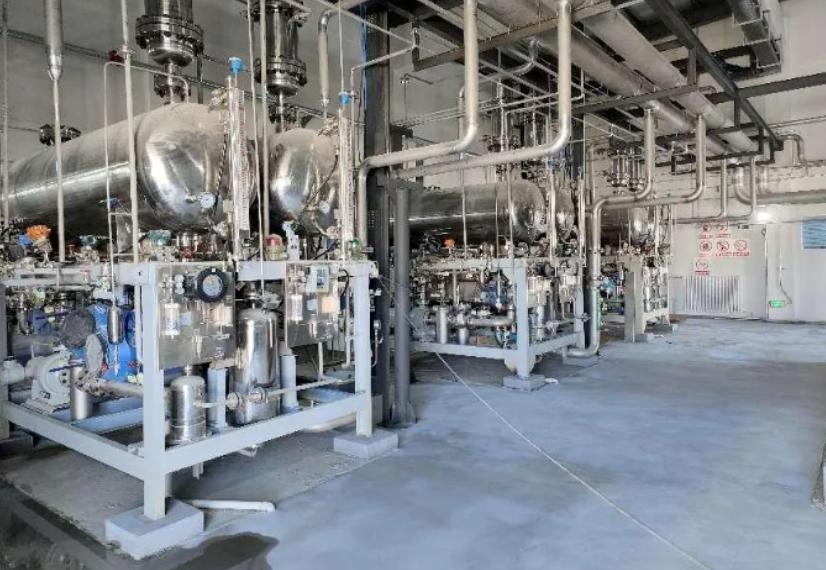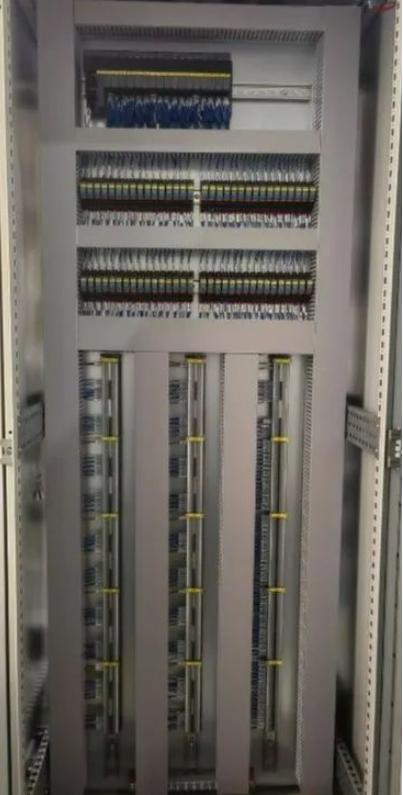
EN Free Trial





MR30 distributed IO helps green hydrogen production project smoothly put into operation
In the future sustainable energy landscape, energy supply cannot be separated from clean energy. As a secondary energy source that is abundant, green, low-carbon, and widely used, hydrogen energy is gradually becoming an important carrier for global energy transformation and development. Hydrogen energy, as the core element of future energy, has made the production of green hydrogen a top priority. Green hydrogen is produced through electrolysis of water using surplus electricity generated from renewable energy sources. It can be used in powerful energy storage systems as well as providing alternative energy for aviation, long-distance, heavy truck transportation, and maritime transportation.
PEM electrolysis water hydrogen production demonstration project in the western region adopts the "photovoltaic power generation+abandoned electricity hydrogen production" mode, and sets up three sets of 200Nm3/h PEM electrolysis water hydrogen production systems, with an annual hydrogen production capacity of more than 100 tons.
Through the integrated technology route and system of photohydrogen storage, this project utilizes abundant solar energy resources to directly electrolyze water for hydrogen production, greatly reducing the cost of hydrogen production. This can not only promote the extension of the hydrogen energy industry chain and the upgrading of the value chain, but also achieve green electricity and green hydrogen consumption.

At the beginning of the project, the client proposed a strict control system solution based on their own business needs and goals. This plan requires the system to have the function of one backup and one use, without stopping the machine. It requires that all IO modules support free hot plugging for early debugging and later operation and maintenance, and can operate stably in cold and high-altitude environments.
The Mingda MR30 distributed IO supports S2 redundancy and can be connected to Siemens redundant CPUs. It supports free hot plugging function and does not require power outage during debugging, without affecting the performance of other modules, which brings great convenience to project debugging.
The operating temperature of MR30 is -20~60 ° C, which meets the customer's requirements for high cold and low temperature environments. After rigorous on-site environmental testing by the customer and meeting their actual needs, it has been decided to adopt the Siemens 1513R redundant+MR30 distributed IO control system.

MR30 distributed IO has been widely used in industries such as heavy industry equipment, robotics and non-standard production lines, warehousing, new energy, environmental protection, automobiles and spare parts, and light industry machinery due to its excellent stability, powerful functions, and ultra-high cost-effectiveness.
Related products